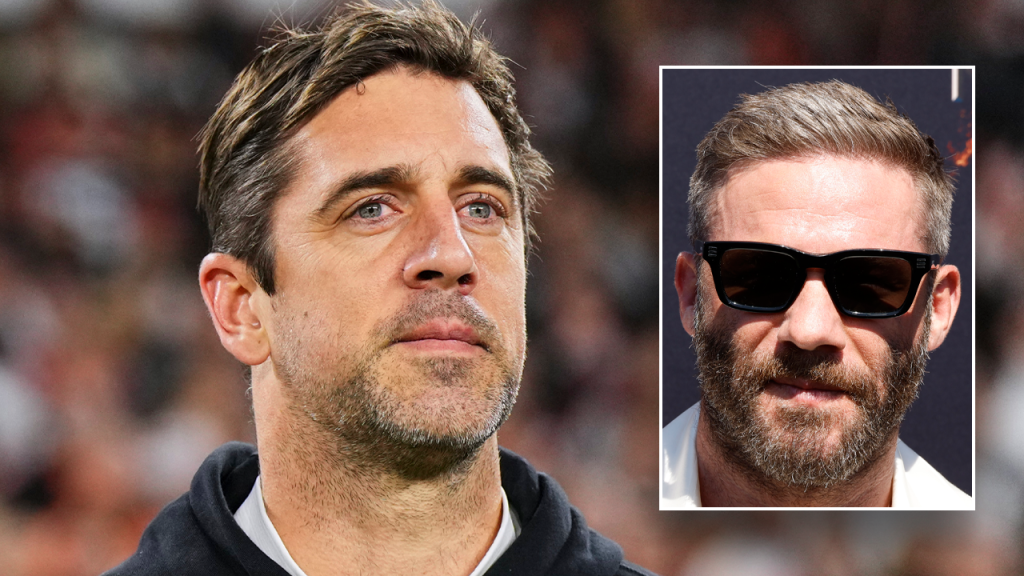New York Jets quarterback Aaron Rodgers caused controversy by missing mandatory minicamp from June 11 to 13. Despite attending some OTAs, his absence during the required session in New Jersey was considered “unexcused” by the franchise. New England Patriots wide receiver Julian Edelman criticized Rodgers’ absence, calling it a “bad look” for a leader to miss mandatory minicamp. Edelman drew a comparison to his former teammate Tom Brady, who would miss OTAs but never mandatory minicamp during his time with the Patriots. He expressed concerns that Rodgers’ absence could become a distraction for the Jets, especially if they start the season poorly.
Edelman highlighted the potential impact of Rodgers’ absence on the Jets, particularly in the context of a challenging start to the season. He emphasized the importance of having a leader like Rodgers present to help the team navigate new additions and the limitations imposed by the Collective Bargaining Agreement. Edelman’s comments reflected a concern that Rodgers’ absence could create division within the locker room, with teammates questioning his commitment to the team. The Jets were aware of Rodgers’ plans to skip minicamp in advance, yet his absence was still deemed unexcused, making him subject to fines.
Sports Illustrated’s Albert Breer provided additional context for Rodgers’ absence, suggesting that the team could not excuse his absence without risking credibility with the rest of the locker room. Breer hinted at Rodgers’ history of taking retreats, including ayahuasca retreats, and suggested that his absence may have been related to personal reasons. While rumors circulated about Rodgers enjoying an overseas vacation, the Jets maintained their stance that his absence was not excusable under the circumstances. Breer emphasized the importance of treating all players equally in terms of attendance expectations.
Rodgers’ absence from mandatory minicamp raised questions about his commitment to the team and his leadership role. While some defended him, others, like Edelman, expressed concerns about the potential impact on the Jets’ performance and team dynamics. Rodgers’ reputation as a star quarterback was overshadowed by his decision to skip the mandatory sessions, leaving teammates and fans to speculate about his reasons. The Jets’ decision to deem his absence unexcused highlighted the importance of accountability and consistency in upholding team standards.
As the controversy surrounding Rodgers’ absence continued to unfold, the Jets faced scrutiny over their handling of the situation. The team’s decision to hold Rodgers accountable for missing mandatory minicamp reflected a commitment to maintaining team discipline and unity. While Rodgers’ absence was met with mixed reactions from players, coaches, and analysts, it raised broader questions about the balance between individual needs and team obligations in professional sports. As the Jets prepared for the upcoming season, the fallout from Rodgers’ absence served as a reminder of the challenges and complexities that can arise in managing a high-profile team.


